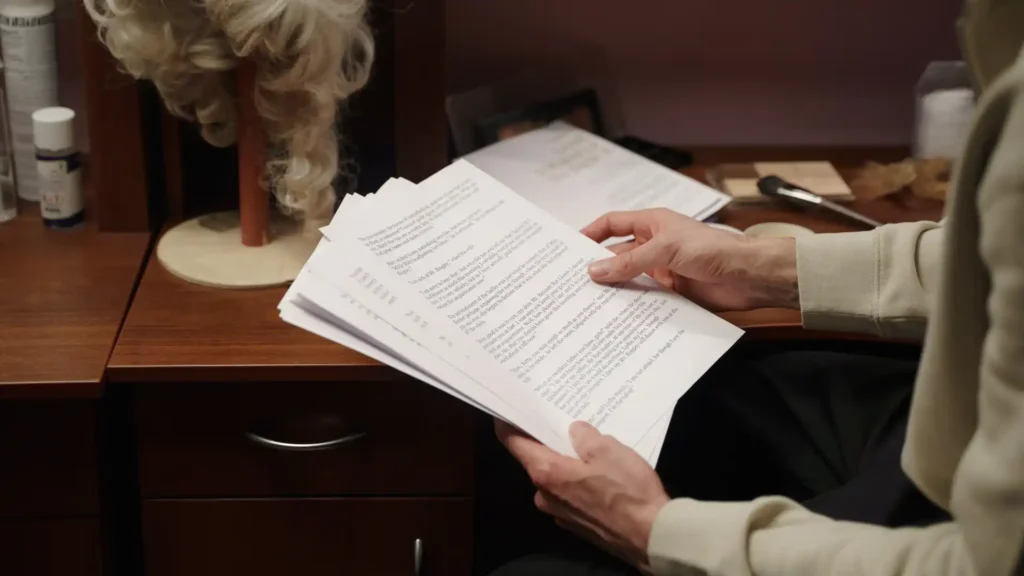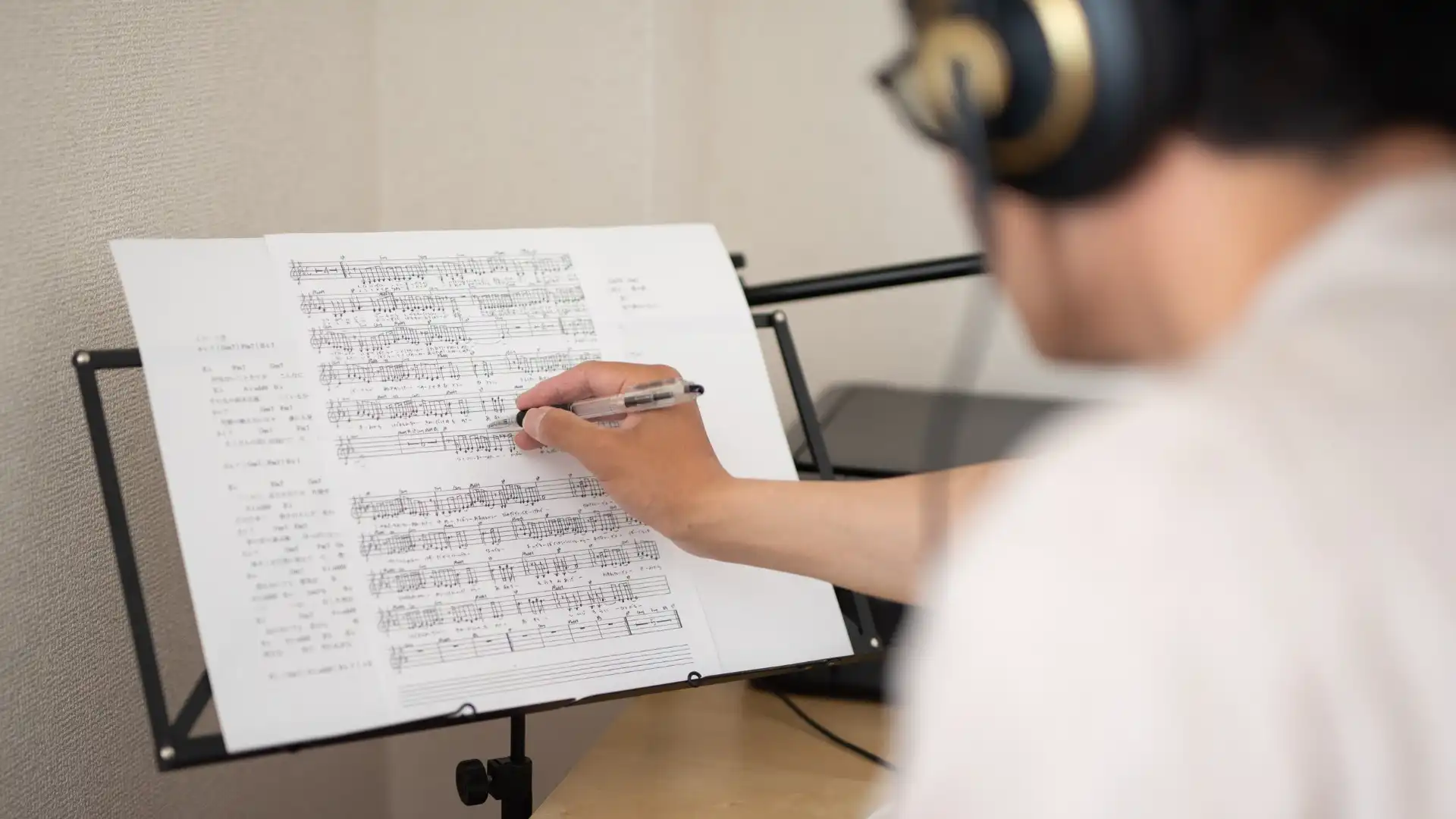Comedy is a universal language that has the power to entertain, enlighten, and connect people through laughter. Comedy writing, in particular, requires a unique blend of wit, timing, and creativity to craft jokes, sketches, and scripts that resonate with audiences. If you’re looking to enhance your comedic storytelling abilities and learn from seasoned professionals, attending a comedy writing workshop can be a valuable and enriching experience. In this guide, we will delve into the world of comedy writing workshops, explore their benefits, and provide insights on how to make the most of these creative opportunities.
The Art of Comedy Writing
Writing comedy is a specialized craft that involves understanding comedic timing, structure, and audience expectations. Whether you’re interested in stand-up comedy, sitcoms, sketch comedy, or comedic screenwriting, mastering the art of humor requires practice, feedback, and a willingness to take risks with your material. Comedy writing workshops offer a supportive environment where aspiring comedians and writers can hone their skills, experiment with new ideas, and receive constructive criticism from industry professionals.
Benefits of Attending a Comedy Writing Workshop
Comedy writing workshops provide more than just lessons—they offer a creative ecosystem where learning, collaboration, and growth come together. Below are some of the most valuable benefits these workshops provide:
- Structured Learning Environment: Learn essential comedy writing techniques, receive feedback on your work, and collaborate with other writers in a guided and organized setting.
- Expert Guidance: Gain insights, tips, and professional wisdom from experienced comedy writers, performers, and instructors.
- Networking Opportunities: Connect with other aspiring comedians and writers, form creative partnerships, and expand your professional network.
- Feedback and Growth: Receive constructive feedback from instructors and peers to identify strengths and improve weaker areas.
- Inspiration and Creativity: Immerse yourself in an environment that encourages humor, spontaneity, and the exploration of new comedic styles.
Tips for Making the Most of a Comedy Writing Workshop
To maximize your experience and growth in a comedy writing workshop, preparation and mindset are key. Keep the following strategies in mind:
- Come Prepared: Bring your creativity, humor, and an open mind to collaborate effectively.
- Be Open to Feedback: Treat constructive criticism as a valuable tool for improvement.
- Experiment and Take Risks: Explore different comedic voices and styles without fear of failure.
- Engage with Peers: Share ideas, provide feedback, and build a supportive, creative network.
- Practice Consistently: Continue honing your craft outside the workshop to strengthen your comedic voice.
The Evolution of Comedy Writing in Different Media
Comedy exists in many forms, and each medium demands a unique approach. Comedy writing workshops often cover various genres and platforms, helping writers adapt their humor to different audiences.
- Stand-Up Comedy: Focuses on crafting jokes, building a stage persona, and mastering delivery—all skills refined through writing workshops and live performances.
- Sitcoms and TV Comedy: Involves writing for ensemble casts, developing character-driven humor, and understanding the rhythm of televised storytelling.
- Sketch Comedy: Requires brevity, precision, and creativity to craft short, impactful scenes that land strong comedic punches.
Challenges and Growth Opportunities in Comedy Writing
Writing comedy can be as challenging as it is rewarding. Humor evolves with culture, and comedy writers must stay attuned to audience expectations, sensitivities, and trends. Overcoming these challenges fosters resilience, adaptability, and creative maturity. Embracing discomfort and experimenting with new material can lead to breakthroughs and long-term growth as a writer.
Conclusion
Comedy writing workshops are more than just classes—they’re incubators of creativity, confidence, and community. By learning from experts, collaborating with peers, and continuously practicing your craft, you can sharpen your comedic voice and gain the tools to make audiences laugh, think, and connect. Whether your goal is to write for TV, perform stand-up, or create sketch comedy, a comedy writing workshop can be the stepping stone to a fulfilling and laughter-filled career in the world of humor.
Key Takeaways:
- Comedy writing blends creativity, timing, and structure to engage audiences through laughter.
- Workshops offer a supportive environment for learning, experimenting, and receiving professional feedback.
- Expert instructors provide insights into comedic techniques and the business side of humor writing.
- Networking with fellow writers and performers fosters collaboration and inspiration.
- Constructive feedback helps refine comedic timing, tone, and originality.
- Regular practice and openness to critique are essential for growth as a comedy writer.
- Comedy workshops cover diverse formats, from stand-up and sitcoms to sketch writing.
- Understanding audience sensitivities and evolving humor trends is vital for lasting relevance.
- Embracing challenges and creative risks can lead to stronger material and personal growth.
- Comedy writing workshops serve as powerful platforms for skill development, creativity, and career advancement.
Enhance your comedic storytelling skills through comedy writing workshops. Embrace feedback, network with peers, and practice consistently to grow as a comedic writer. Consider taking the NYU Modern Screenwriting online course for further development.







